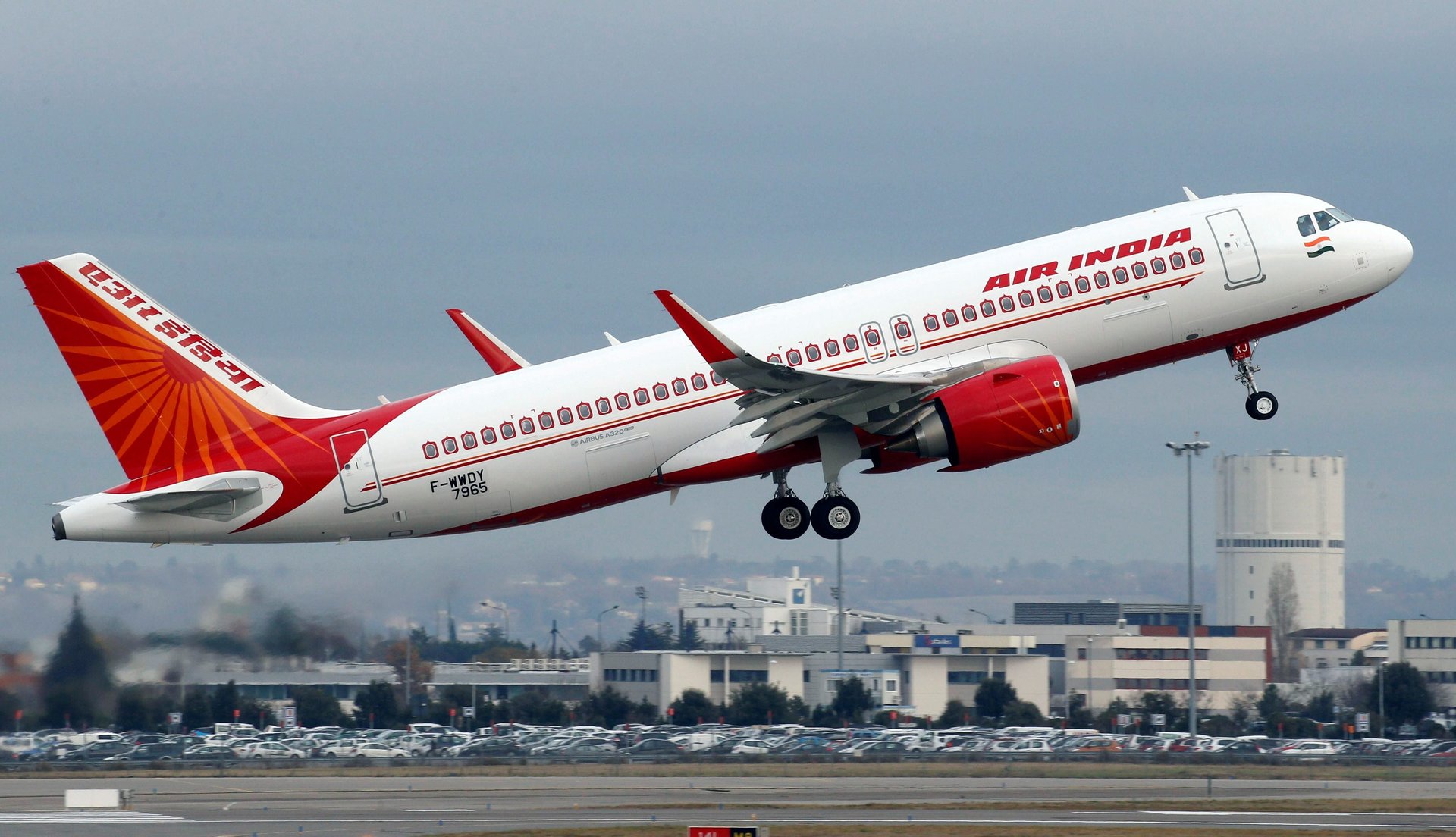Pakistan’s move to open up its airspace will bring some respite for India’s airlines
A major issue that troubled the overseas operations of India’s airlines for months has been ironed out.


A major issue that troubled the overseas operations of India’s airlines for months has been ironed out.
Today (July 16), the Pakistan Civil Aviation Authority announced it would reopen its airspace to all civilian traffic, ending restrictions imposed ever since a military standoff with India in February.
“With immediate effect, Pakistan airspace is open for all type of civilian traffic on published ATS (air traffic service) routes,” read the notice to airmen published by the authority on its website.
The closure had led to massive losses for Indian airlines, especially the debt-laden Air India. It is estimated that the state-owned carrier lost Rs491 crore ($71.5 million) till July 2 due to the closure. Air India had to re-route, merge or suspend many of its international flights that connect India with European and US cities.
Private carriers were also impacted.
India’s largest airline by domestic market share, IndiGo, was unable to operate its direct flights from Delhi to Istanbul, announced in March, due to the shutdown. The flight had to take a longer route, flying above the Arabian Sea and making a stop at Doha in Qatar for refuelling.
SpiceJet, IndiGo and GoAir lost Rs30.73 crore, Rs25.1 crore and Rs 2.1 crore, respectively, according to the data presented by civil aviation union minister Hardeep Singh Puri in the Lok Sabha, India’s lower house of the Parliament, on July 3.
Softening stance
The move by Pakistan marks a reversal from its previous stance that it would open its airspace only if India removed its fighter jets from forward airbases.
The bases were used by India on Feb. 26 to carry out “non-military, pre-emptive strikes,” against a terrorist camp across the Line of Control that divides India and Pakistan, along the state of Jammu & Kashmir.
The Indian Air Force (IAF) strikes were aimed at a base of the Masood Azhar-led Jaish-e-Mohammed, which allegedly perpetrated a terror attack in Jammu and Kashmir’s Pulwama on February 14, killing 37 personnel of India’s Central Reserve Police Force.
The IAF, on its part, had lifted all temporary restrictions imposed on Indian airspace on May 31. However, the unilateral move did not benefit most commercial airlines and they were waiting for Pakistan to reciprocate.